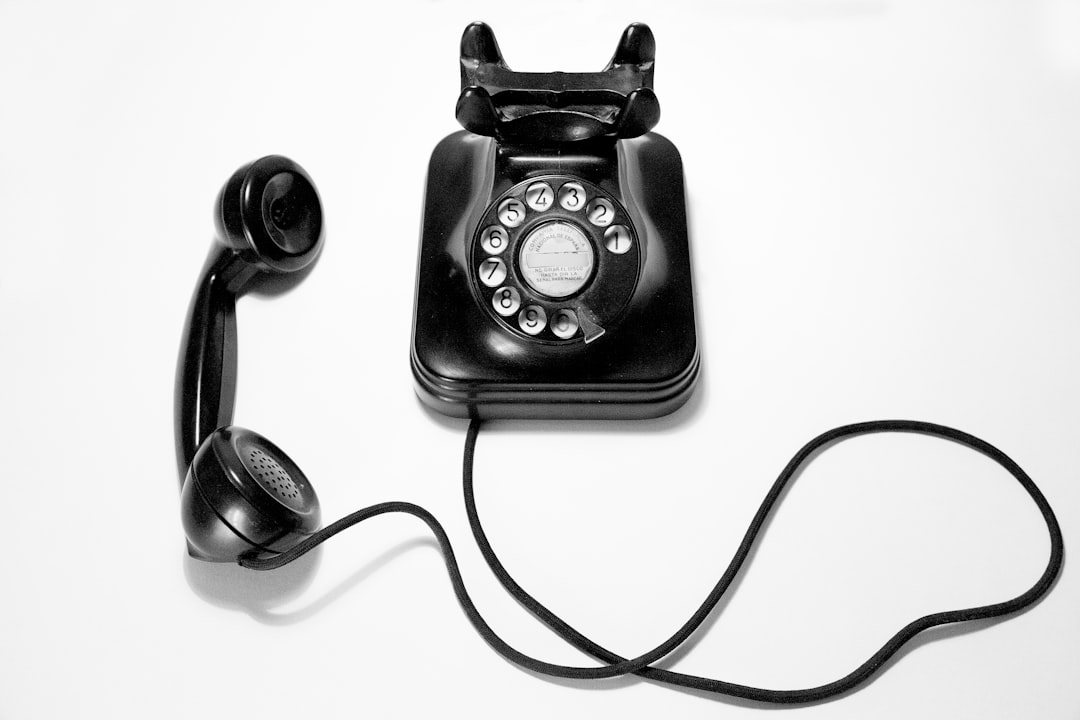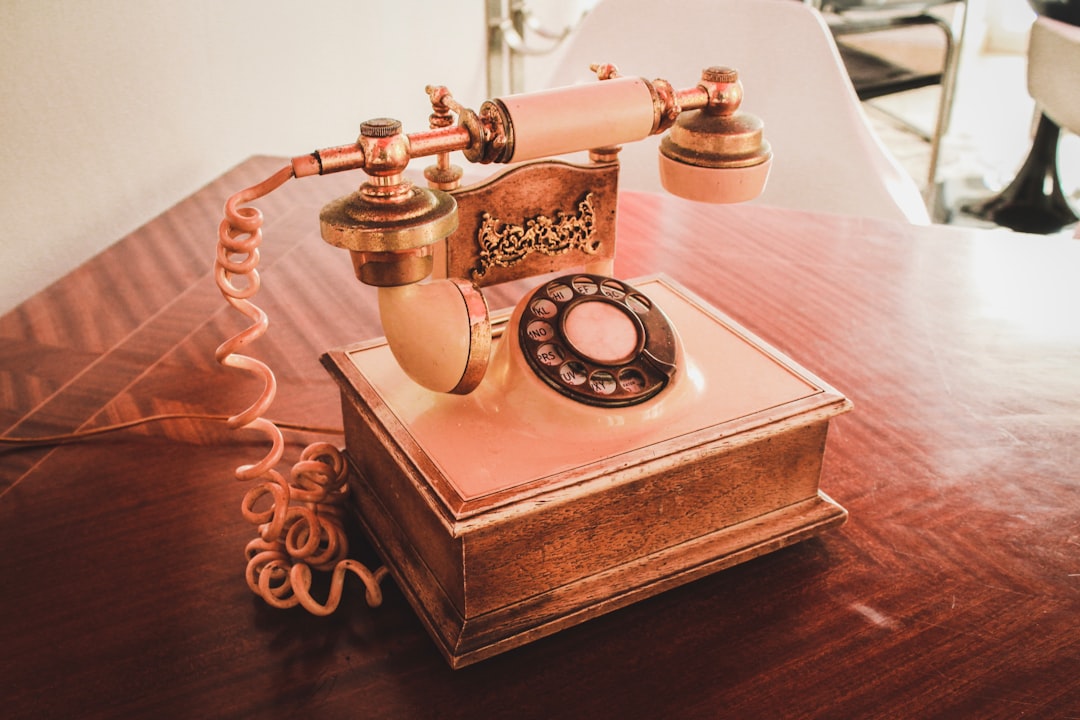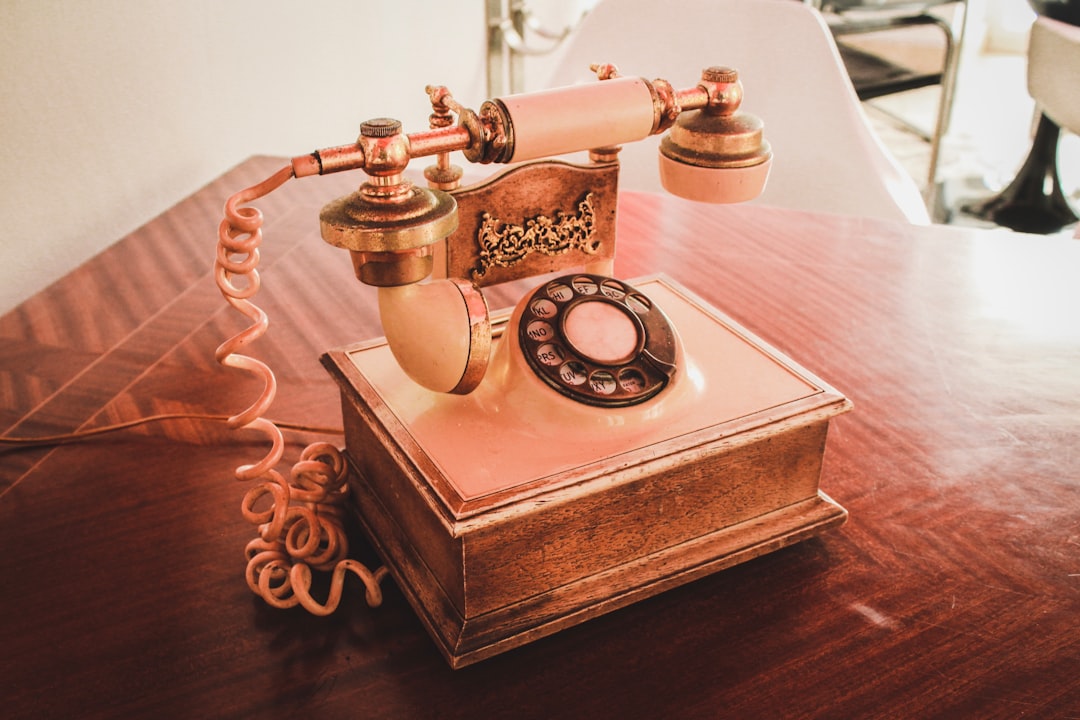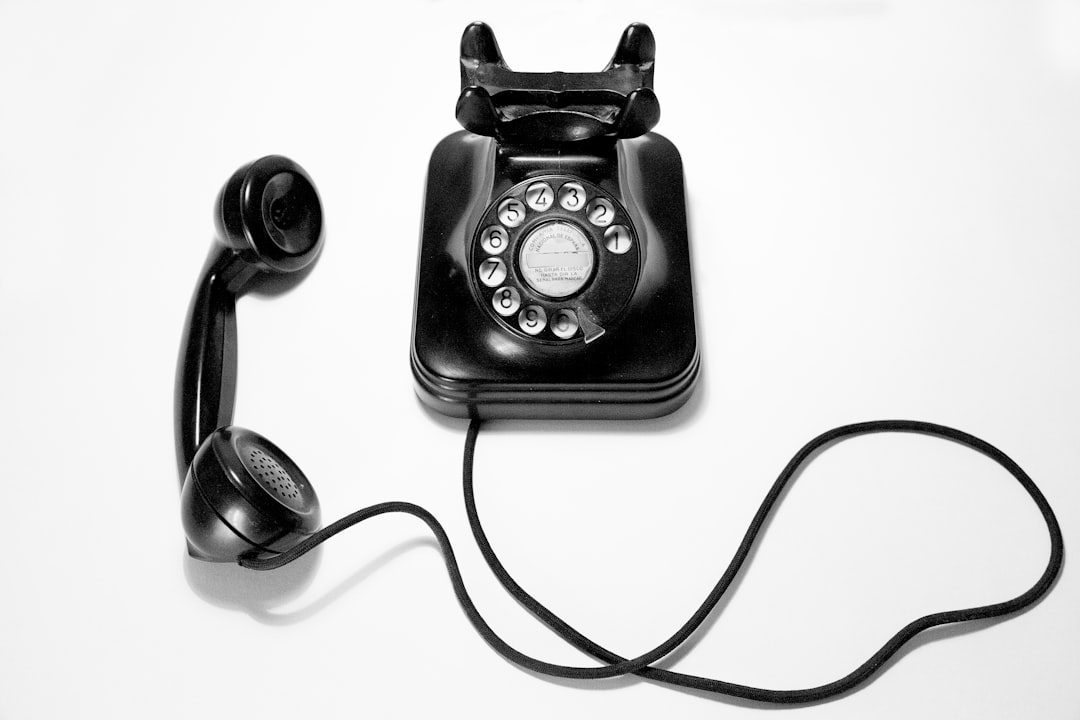Autodialers and automated systems, while enhancing business productivity, raise privacy concerns, especially under Maryland's strict Do Not Call laws. Businesses must navigate these regulations, which require explicit consent for marketing calls and robust do-not-call lists. Automation technologies prompt law updates, making a lawyer specializing in Maryland's Do Not Call laws crucial for compliance, risk mitigation, and consumer rights protection.
In today’s digital landscape, understanding the nuances between autodialers and automated systems is crucial for businesses navigating telemarketing. This article demystifies these technologies, offering a comprehensive guide on their definitions, functionalities, and legal implications in Maryland. While autodialers and automation share similarities, distinct differences exist, especially under Maryland’s stringent Do Not Call Laws. A lawyer specializing in these laws can provide vital insights to ensure compliance and mitigate risks associated with these advanced telemarketing tools.
Understanding Autodialers: Definitions and Basics

Autodialers and automated systems are often used interchangeably, but they serve distinct purposes in the realm of communication technology. An autodialer is a software tool designed to automatically dial phone numbers en masse, typically for marketing or sales purposes. It uses pre-programmed sequences to reach out to potential customers, playing recorded messages or connecting calls to live agents. This technology is prevalent in telemarketing and can significantly enhance productivity for businesses, but it also raises concerns about consumer privacy and the enforcement of Do Not Call laws, such as those in Maryland.
Understanding how autodialers work is crucial for both businesses utilizing this method and consumers who wish to protect their rights. In simple terms, an autodialer software initiates calls by automatically selecting phone numbers from a list and attempting to connect them to a recipient’s line. This process can be customized with various parameters, such as call timing, message delivery, and follow-up actions based on the recipient’s response. However, it’s essential for businesses to adhere to legal guidelines, especially when dealing with consumer protections offered by state laws like Maryland’s Do Not Call regulations.
How Automated Systems Differ in Functionality
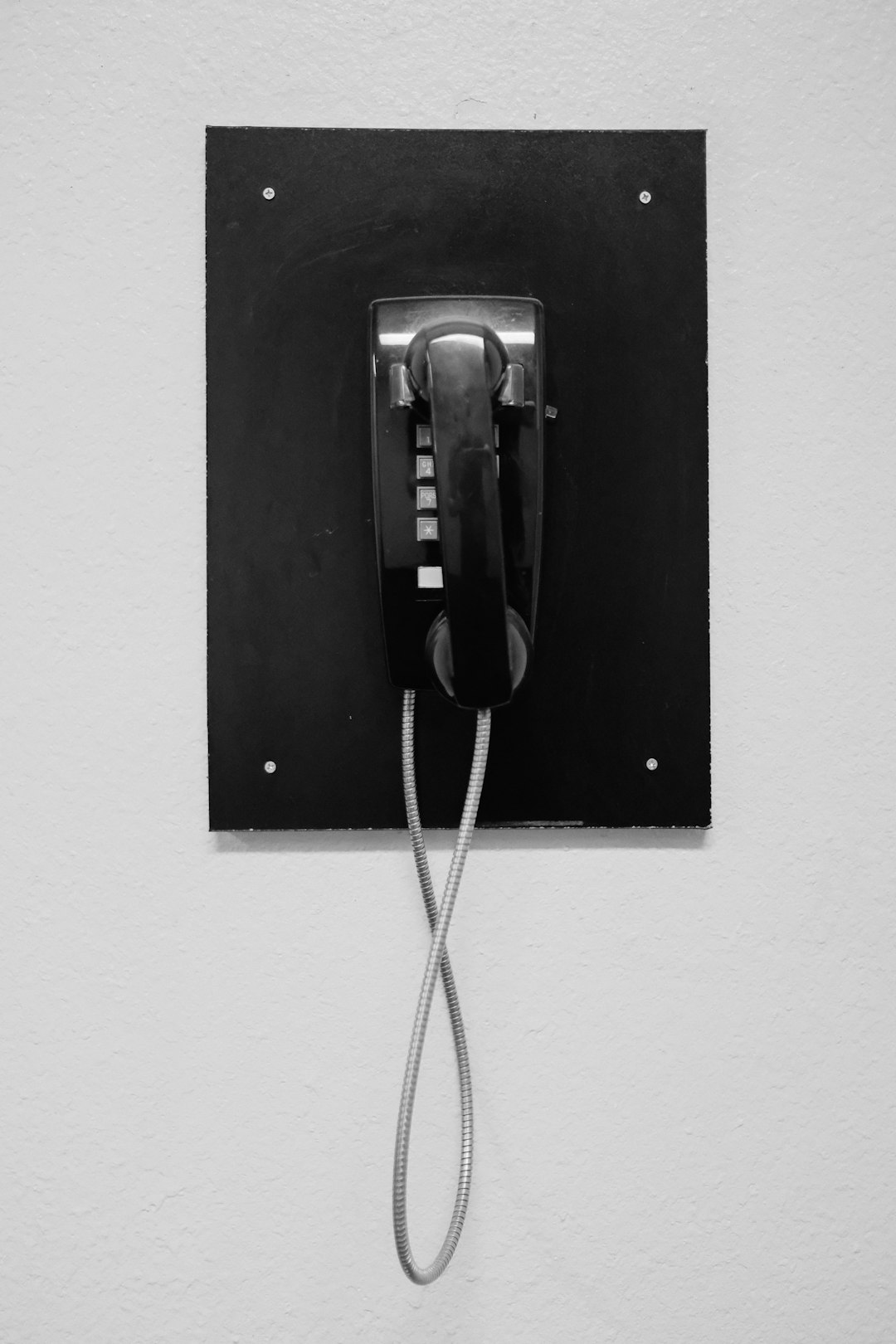
Automated systems, as compared to autodialers, offer a broader range of functionalities beyond simple automated calling. While autodialers are primarily designed for making large-scale outbound phone calls, automated systems can perform various tasks such as sending personalized text messages, emailing clients, or even managing customer support through chatbots. These advanced capabilities allow businesses to engage with their audience more dynamically and tailor interactions based on specific triggers or individual preferences.
Moreover, automated systems are not limited to telemarketing. They can be integrated into a company’s marketing strategy in numerous ways, including lead generation, appointment scheduling, and data analysis. For instance, a law firm seeking new clients could use an automated system to send targeted emails or texts to potential customers who have previously expressed interest but haven’t taken the next step, adhering to Maryland’s Do Not Call Laws while enhancing client engagement.
Legal Considerations for Telemarketing in Maryland

In Maryland, telemarketing activities are subject to various legal frameworks designed to protect consumers from unwanted calls and ensure fair practices. One of the key regulations is the Do Not Call Laws, which are strictly enforced by the state. If a business or organization engages in telemarketing without proper authorization or violates the opt-out provisions, they can face substantial fines and legal repercussions.
When utilizing autodialers or automated systems for telemarketing purposes in Maryland, it’s imperative to retain the services of a lawyer specializing in Do Not Call Laws. Legal counsel can provide guidance on navigating the complex regulatory environment, ensuring compliance with state laws, and minimizing the risk of costly mistakes. They can also help businesses craft effective consent mechanisms and handle consumer complaints, thereby safeguarding their operations from potential legal challenges.
Do Not Call Laws: Impact on Autodialer and Automation Use

In many regions, including Maryland, strict Do Not Call laws have been implemented to protect residents from unsolicited phone calls, particularly from automated systems and autodialers. These regulations significantly impact how businesses conduct telemarketing activities, with severe penalties for non-compliance. A lawyer for Do Not Call Laws Maryland can guide companies on adhering to these rules, which often require explicit consumer consent for marketing calls and the implementation of robust do-not-call lists.
The rise of automation technologies has raised concerns among consumers and regulatory bodies alike regarding privacy and nuisance calls. As a result, many jurisdictions are updating their Do Not Call laws to include restrictions on automated systems and bots that mimic live agents. This shift ensures that while automation can enhance efficiency, it must respect individual rights and preferences, especially when it comes to unwanted phone communications.

